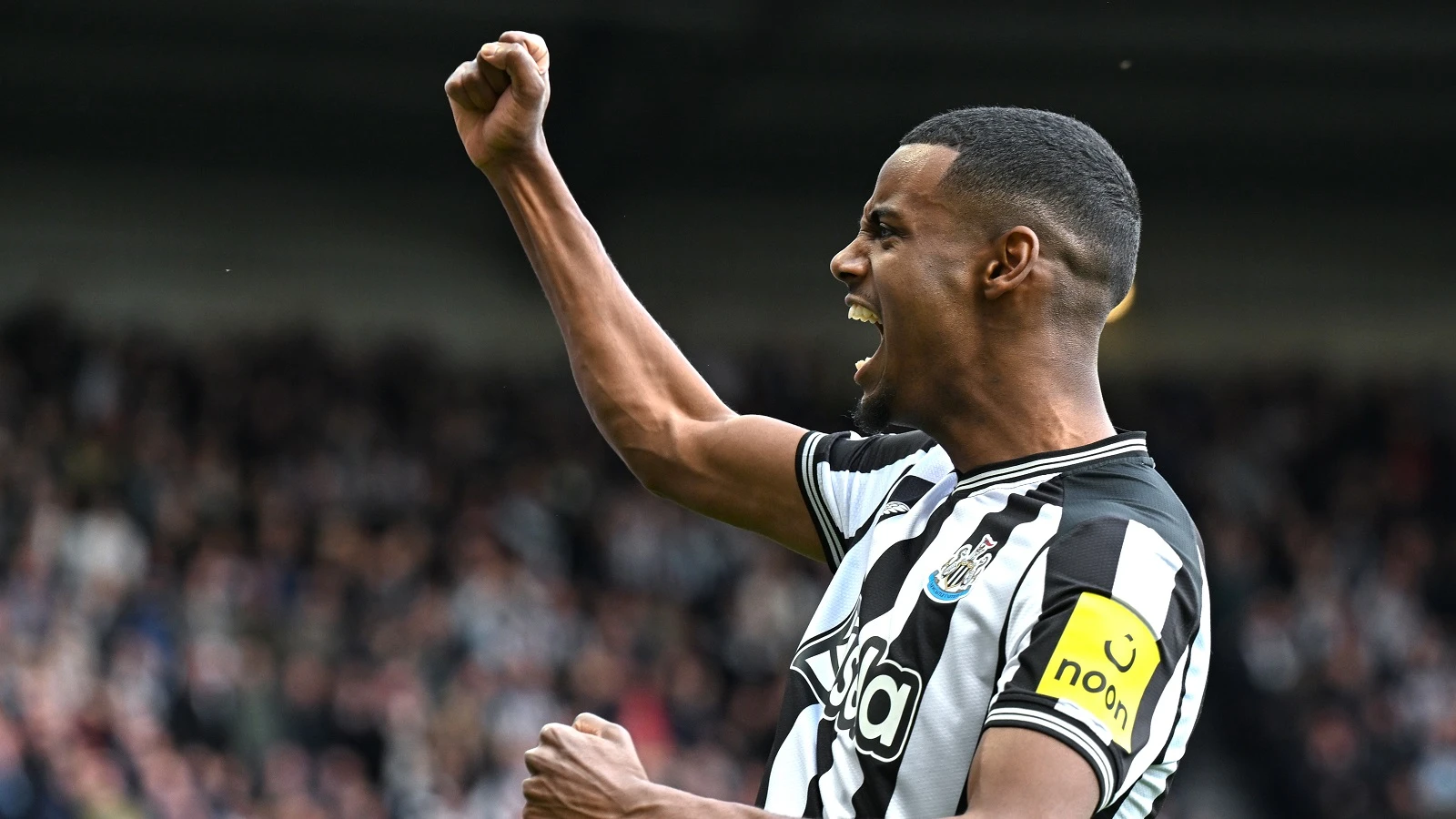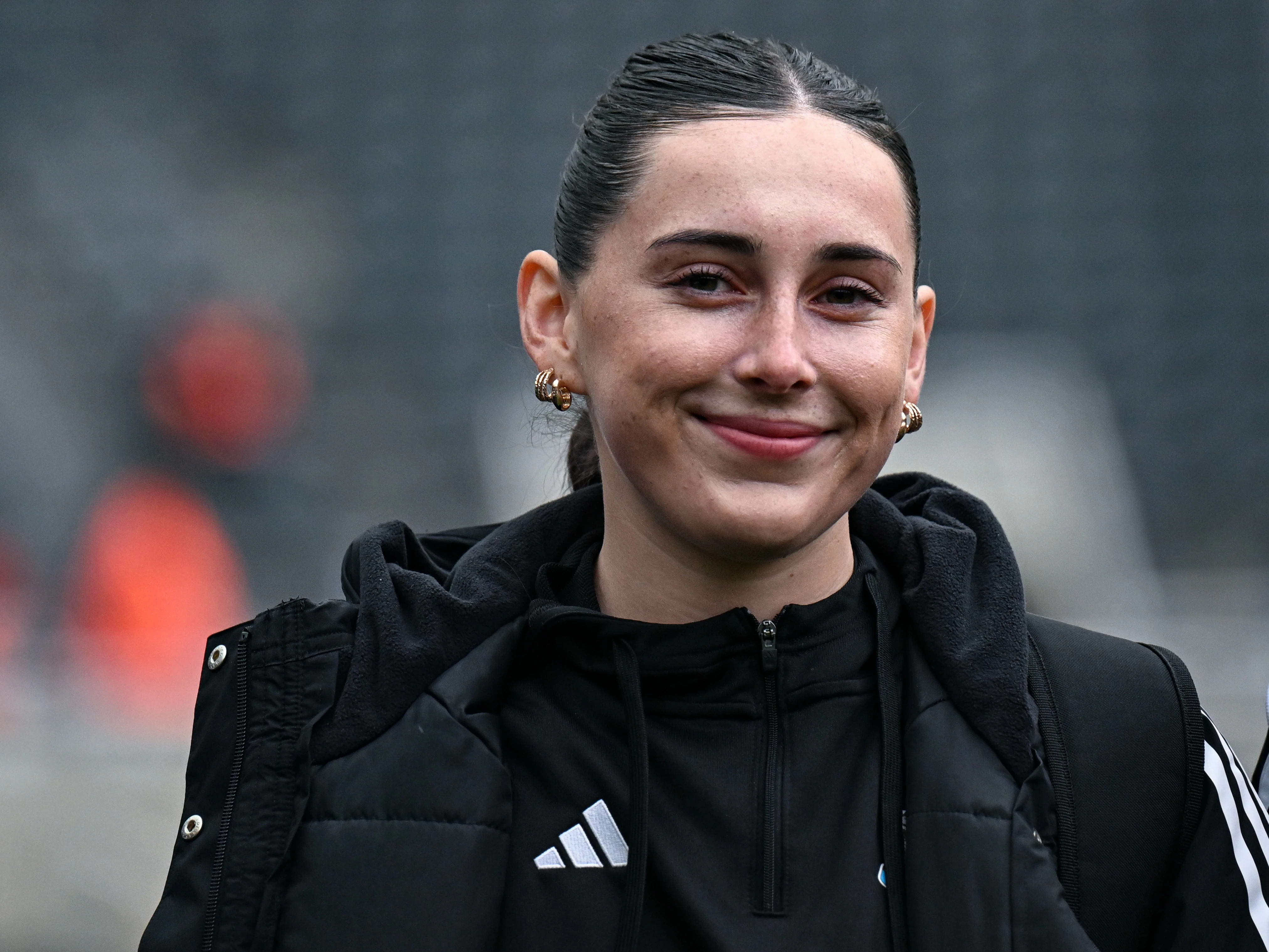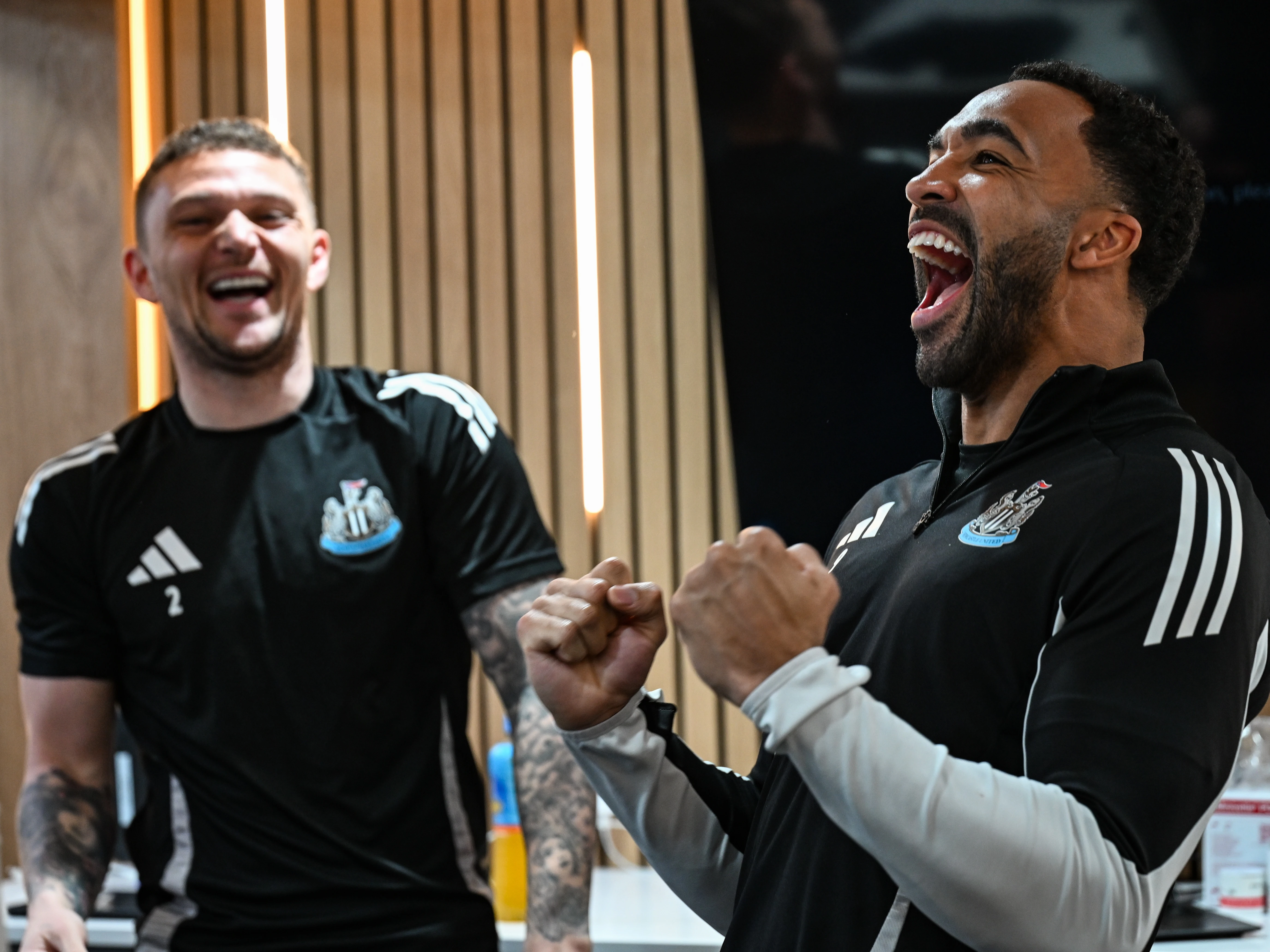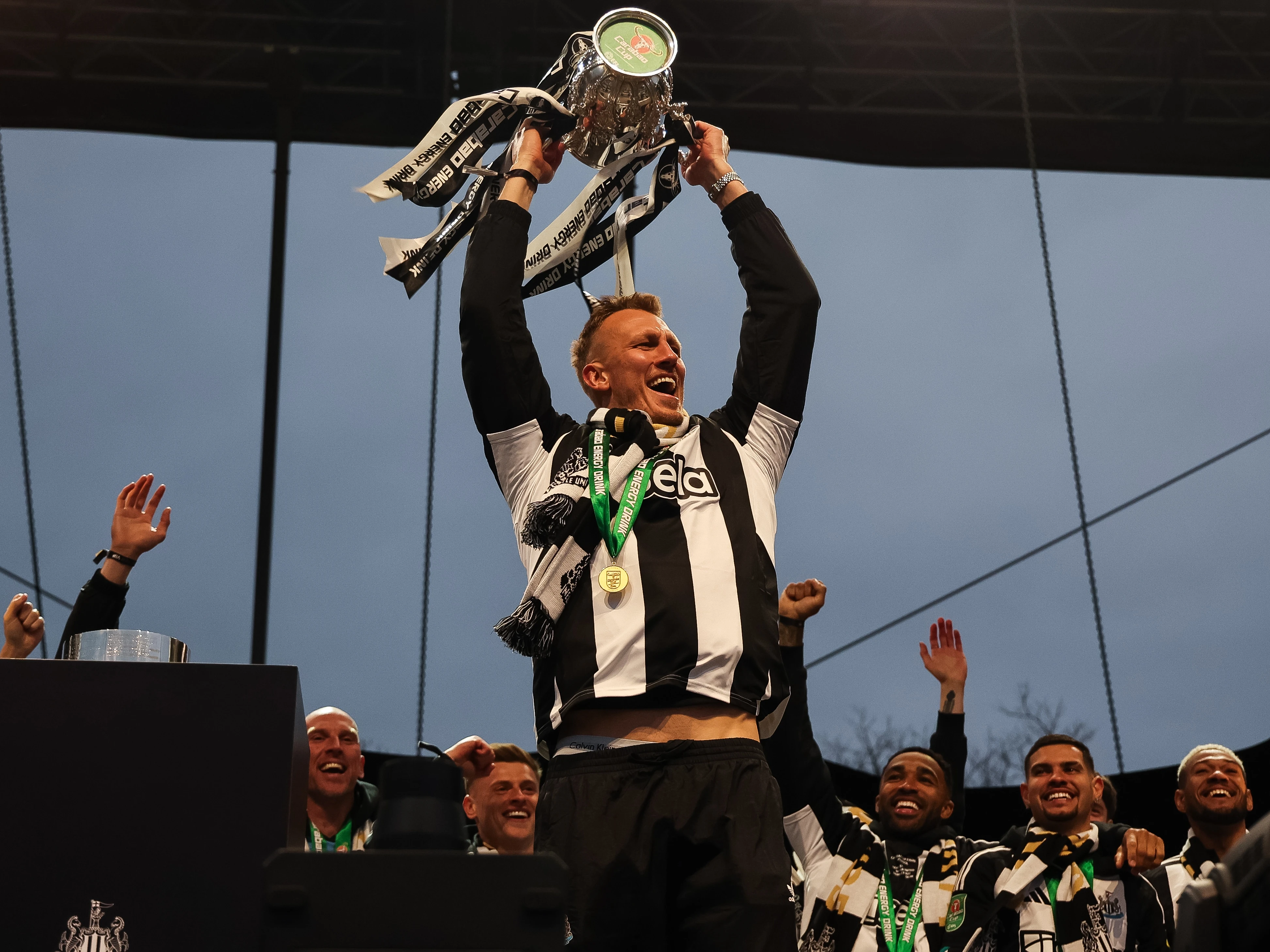At 24, while youth still lingers, it would appear his relationship with the game, his profession, is a fairly healthy one. "I was never obsessed with watching football, especially when I was younger. I was more obsessed with playing football. I didn't really watch that much. That's why my ball knowledge from history is very bad – it's actually proper bad," he smiles. "I don't know a lot about older footballers, and teams, and who won this, who won that – I really don't know nothing."
Isak grew up in Solna. He says he would follow LaLiga, a division he later played in with Real Sociedad, and knows of the Sweden team of the 2000s that featured future teammate Zlatan Ibrahimovic as well as Henrik Larsson and Freddie Ljungberg, who were both approaching the end of their decorated careers. But it didn't consume him. It might be a good thing, make him less likely to be weighed down by anything that has gone before. "Yeah, yeah," he nods. "I think it's different from player to player. Some players get excitement from it – they love to watch and learn. I like to keep a bit of balance there. There's no right or wrong. I think it’s what's best for you."
It's probably worth scratching the questions on said past, then, or on Swedish football. Isak exudes a coolness that is just as apparent off the pitch as on it. He met Alan Shearer last month, who interviewed him for The Athletic.
"It was good – it was fun, it was nice to meet him as well. We went through some clips, some of my actions and goals," he explains. "We had a good chat to be fair, it was nice. It was a good moment. It was nice to speak to a club legend, a legend in the country as well."
The significance of being a big figure in the club's present is not lost on the record signing but you suspect it is a burden that rests relatively comfortably on his shoulders. Isak and Shearer spoke of his finishing, the thrill of scoring, his ever-tightening grasp of Geordie dialect; he has embraced the place and all that comes with it in the way supporters hope all new arrivals will.
But there have been some more concerning moments along the way since his arrival in 2022. This interview took place prior to Tuesday night's 3-1 win at Aston Villa, in which Isak was withdrawn injured during the first half. The small, niggling knocks he suffered in the first half of the campaign, as well as the more notable problem which kept him sidelined for a length spell during his debut season in black and white last term, have been sources of real frustration. He feels there is a direct link between his condition and his confidence.
"I think with me, it's more when I feel good, within myself, within my body," he says quietly. "Then the rest just flows in my game. That's where I get my chances and I can score goals."
This season so far has been a test of United's belief. It hasn't been the exhilarating ride last term turned out to be, even with the brief foray into the Champions League group stage, but it still promises much. A European place is still well within Eddie Howe's men's reach and they are just one win away from the FA Cup quarter-finals.
"That's football – you're not always on the same level. It's going to go up and down. It's about trying to keep the lows not too low, trying to be consistent. You're not always going to be 100 per cent confident."
Isak feels the imperative is a collective one. "But we have to do it as a team as well. It's not enough if just a few players are in good form individually. We have to really make it work together. That's what we're going to work on and try to change.
"Obviously we're not satisfied with the amount of points we've taken, but we have a good opportunity now to change things and I'm really looking forward to it.
"We were probably, like, doing a bit better in the Premier League last year. But this year we've had Champions League as well, so it's been a great experience. I don't really judge a season like this, in the middle of it. We're still in it, we can still do great things. We'll see where we end up.
"It's important to stay level. That's what keeps you going. You have to set targets, you have to look forward to things, and that's what takes me forward."
Isak speaks of Howe's focus, of the head coach's requirement of his players to stay in the moment ("I think we're doing a good job there"). One of the aspects of being a club with lofty aspirations is the need to constantly move forward – to demonstrate progress. "I think there's always pressure," shrugs Isak. "There should be. We're playing at the highest level, so there's nothing wrong with that.
"We haven't taken as many points as we want, so the pressure should be there for us to take more. But it doesn't change too much."
He is unrufflable. That calmness is crucial to this Magpies side, who will suffer for his absence following his substitution at Villa Park. It is hoped that the injury that forced him off in midweek is not a serious one and he will be able to return to lead the line in ahead of a run-in which could yet become a memorable one.
"I don't want to set targets, to be fair, because I don't want to drift away from where we are now. But we just have to start winning games," he says. "Then we will see what's possible or not. But we're still in and trying to get as far as possible in the Prem and the FA Cup as well, so we'll start there."




